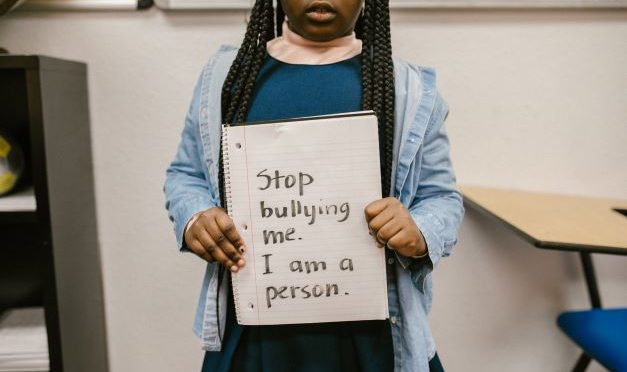Most kids get into therapy because the school recommends it, but if you see signs that your
child is struggling, why wait?
Parenting is tough! You feel so responsible! And for situations over
which you have little real direct control. (Notice I said “direct”).
What do you do when your child is treated unfairly and feels
picked on? What if the parent-teacher conference starts feeling
painful to you? You don’t want to feel that the teacher is trying to
imply that you’re not doing your job, but you do. How in the world
can you get your child to do an hour of homework when you’re
exhausted yourself? You’re still having nightmares from when
you were struggling with it yourself.
Routinely, parents seek out therapy in these instances:
- When your child is being bullied
- When your child has or is being teased about gender identity issues
- When your child won’t or can’t do their schoolwork
- When your child is fighting and/or verbally aggressive at school
- When your child is obviously sad, is anxious or avoids other kids
- When your child refuses to attend school or is chronically late
- If school staff worry about abuse or neglect
- If your child has witnessed a traumatic event
- When there is a family change from divorce or death or
injustice - When your child exhibits strange and/or self-destructive
behaviors - When you want to learn the best ways to strengthen or
protect your child - When you want to break a cycle of behavior that you
experienced in your family of origin - When your child’s drawings or statements imply that
they want to hurt themselves or don’t want to live
Starting your child in therapy may require either
courage or desperation
You might be feeling a swirl of emotions when you realize
that you need to get your child into therapy. Like fear – what will
a therapist ask you? What will he or she ask your child?
Anger? Why are you put in this situation when you already
have so much on your plate? Being overwhelmed – How
will you find the time and will this cost money that you
don’t have? Don’t worry. While you will have to be persistent
to find a therapist, check out our pages on how to get
started. You’ll be on your way to finding someone who
will be pleased to take some of those burdens off your
shoulders.
Many of us became therapists as a result of our own experiences
growing up. We understand these situations. We also know and
have great faith in the possibilities of change. Sometimes it’s just
a simple or surprising change that can make all the difference
in the world. The need to ask for help doesn’t mean that you’re
going to just another person to be shown something that you feel
you should have seen. Therapists are trained to use a process
that allows them to share a number of methods that they
have learned and practiced. These methods are the result
of years of research and observations that we wish some-
one might have shared with our parents.
So, go ahead. Find out more so you can get started to make
you and your child’s life easier.
